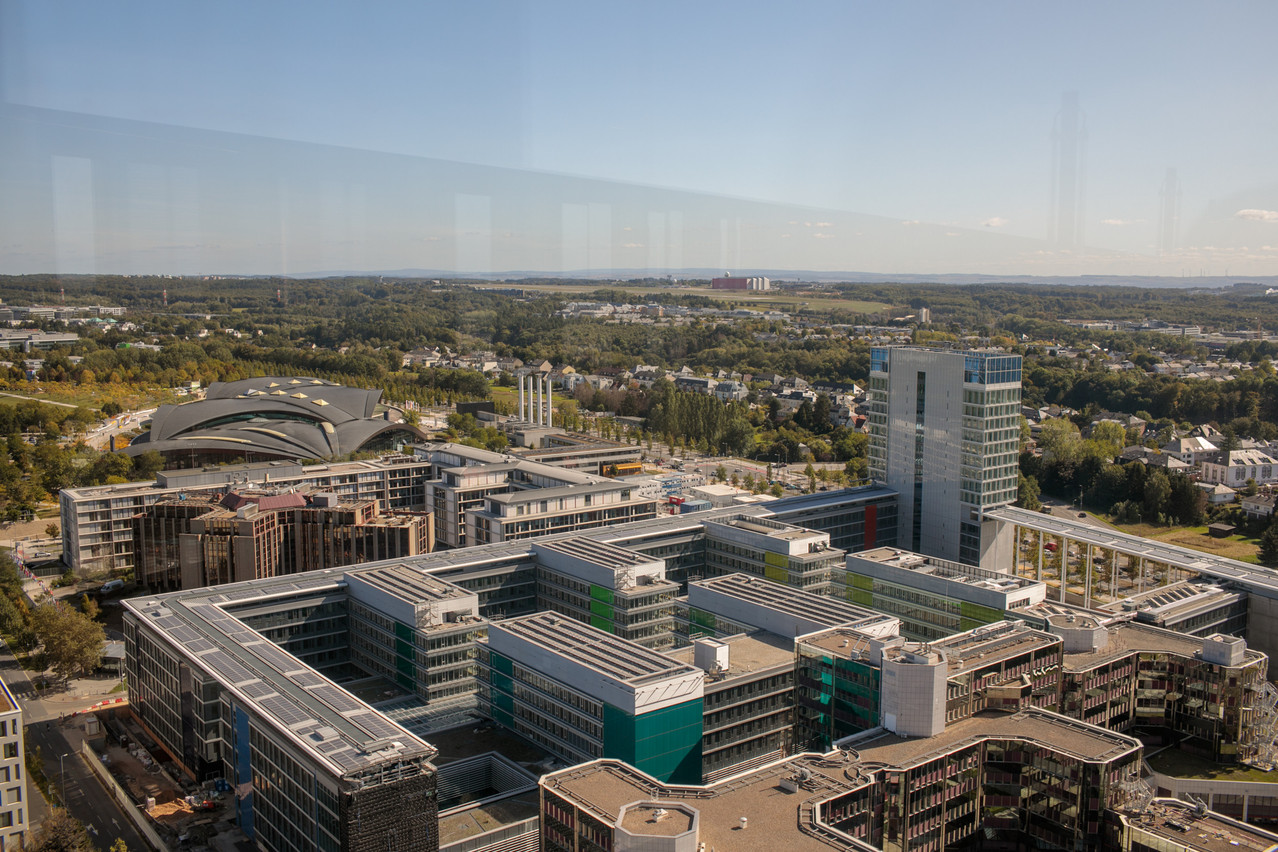The European Commission in 2021 proposed to establish a new EU authority to counter money laundering and the financing of terrorism. The Anti-money laundering Authority (Amla) aims to be at the centre of an integrated system working with national authorities with an AML/CFT supervisory mandate.
Amla should also cooperate with EU financial intelligence units and establish a cooperation mechanism between them. It is expected to be operational by 2024, fully staffed by 2025 and to directly supervise financial institutions from 2026.
“Luxembourg, like several other member states, has expressed its interest to house the future European agency,” (DP) said in answer to a parliamentary question published on Tuesday.
The grand duchy already is home to the Court of Justice of the European Union (CJEU) and the European Public Prosecutor’s Office (EPPO), which works closely with the European Anti-Fraud Office (Olaf) in Brussels.
“The proximity of these institutions and agencies could certainly benefit Amla in the implementation of its missions, and facilitate the cooperation foreseen between these bodies,” Backes said.
Difficulty to attract staff
Paris, which hosts the European Banking Authority, Vienna and Madrid are also candidates in the running to welcome Amla.
Luxembourg’s role as one of the EU’s major financial centres, its multilingual finance ecosystem and connection to the other European capitals would ensure “an efficient and rapid launch of its unique surveillance mission,” Backes said, adding that the city also offers “ideal conditions” for Amla staff and their families.
The European Investment Bank, European Stability Mechanism, the European Court of Auditors and European Publications Office are all located in the grand duchy, alongside 12% of European Commission staff and European Parliament offices.
But staff unions have warned that the institutions increasingly struggle to attract employees over the high cost of living in the country. Luxembourg has long pushed for a salary adjustment for European Commission staff who earn the same as their Brussels colleagues despite a 10.5% difference in cost of living.
More than 14,000 people work for European institutions in Luxembourg.
The European Court of Auditors last year said it had seen a high number of rejections for 20 vacancies advertised, saying the difference in purchasing power made it more and more difficult to attract staff to Luxembourg.
